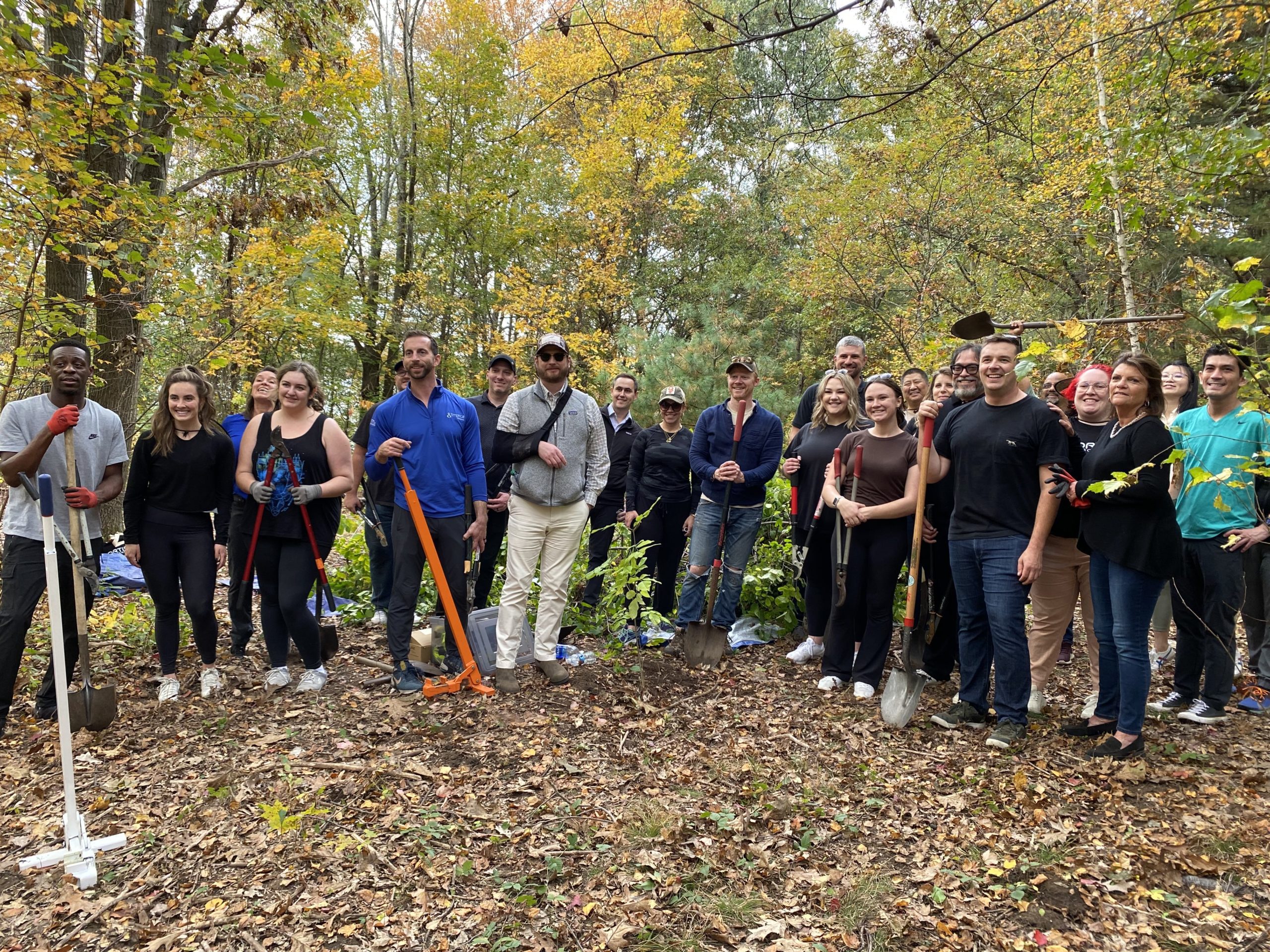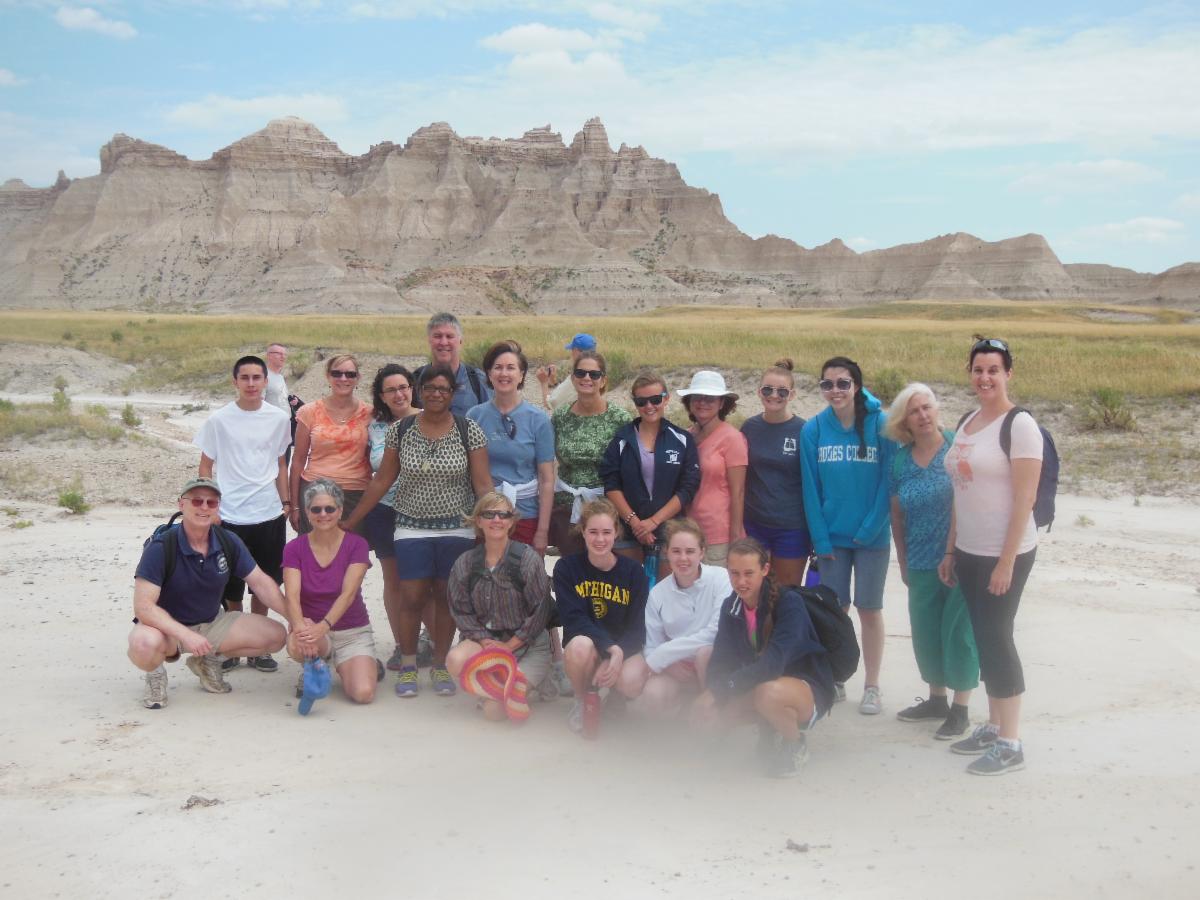
Guardians of Heritage: Volunteering on Native American Reservations Offers a Path to Mutual Growth and Cultural Immersion
By
The vast, often starkly beautiful landscapes of Native American reservations across the United States hold within them a profound tapestry of history, culture, and resilience. For centuries, these sovereign nations have preserved their unique languages, traditions, and spiritual practices against immense odds. Yet, behind the rich cultural heritage and stoic independence, many reservations grapple with persistent socioeconomic challenges, often rooted in historical injustices and systemic neglect. It is in this complex environment that a unique and deeply impactful form of volunteerism has emerged, offering individuals a chance to contribute meaningfully while immersing themselves in a world far removed from the mainstream.
Volunteering on a Native American reservation is not merely about providing aid; it is an invitation to engage in a profound cultural exchange, to learn from ancient wisdom, and to walk alongside communities striving for self-determination and a brighter future. It requires more than just good intentions; it demands respect, humility, and a genuine commitment to understanding the intricate fabric of Native life.
A Legacy of Resilience and Persistent Needs
To understand the need for volunteers on reservations, one must first acknowledge their unique historical context. The approximately 574 federally recognized Native American tribes govern over 330 reservations, totaling over 56.2 million acres. These lands, often remote and resource-scarce, are the remnants of ancestral territories, reduced and fragmented through a history of treaties, forced removals, and land cessions.

This history has left a lasting impact. Many reservations face disproportionately high rates of poverty, unemployment, and inadequate housing. According to the U.S. Census Bureau, Native Americans experience poverty at a rate significantly higher than the national average. Access to quality healthcare, education, and essential infrastructure like clean water and reliable internet remains a critical issue for many communities. The Indian Health Service (IHS), which provides healthcare to Native Americans, is chronically underfunded, often operating at a fraction of the per capita spending for the general population.
"Our communities have always been resilient," says Clara Begay, a Navajo elder and community organizer from Arizona, whose words echo a common sentiment. "But resilience doesn’t mean we don’t need help. It means we know how to make the most of what we have, and we welcome those who come with a good heart to help us build even stronger."
These challenges, while daunting, also present opportunities for meaningful engagement. Volunteers can fill critical gaps, providing support in areas where tribal resources are stretched thin, or where specialized skills are needed to advance community-led initiatives.
Diverse Avenues for Contribution
The scope of volunteer opportunities on reservations is as varied as the needs of the communities themselves. From supporting youth development to preserving ancestral lands, there is a role for almost every skill set and passion.
-
Education and Youth Programs: Many reservations face challenges in educational attainment. Volunteers can serve as tutors, mentors, or assistant teachers in schools, offering individualized attention to students struggling with subjects like math or English. They might also help develop after-school programs, organize recreational activities, or assist with cultural education initiatives, ensuring that traditional languages and stories are passed down to younger generations. For instance, programs often seek volunteers to help with language revitalization efforts, teaching Navajo, Lakota, or Ojibwe to children and adults, a critical step in preserving tribal identity.
-
Health and Wellness: With limited access to medical facilities and healthcare professionals, volunteers with medical backgrounds (doctors, nurses, EMTs) can be invaluable. They might assist in clinics, participate in health fairs, or offer educational workshops on nutrition, hygiene, or chronic disease prevention. Non-medical volunteers can support elder care programs, deliver meals, or help organize community wellness events. Mental health support is also a growing area of need, given the historical trauma and contemporary stressors faced by many Native communities.
-
Environmental Stewardship and Sustainable Development: Native American tribes are often at the forefront of environmental conservation, deeply connected to their ancestral lands. Volunteers can assist with ecological restoration projects, such as removing invasive species, planting native vegetation, or monitoring water quality. Others might help develop sustainable agriculture initiatives, build community gardens, or support renewable energy projects. These efforts not only protect the environment but also contribute to food security and economic independence.
-
Infrastructure and Housing: Basic infrastructure is often lacking on reservations. Volunteers can help repair homes, construct new community buildings, or assist with vital infrastructure projects like water system maintenance or road improvements. These hands-on projects offer immediate and tangible benefits, improving living conditions and community spaces. Organizations like Re-Member, serving the Oglala Lakota Nation on the Pine Ridge Reservation, are well-known for their focus on housing repair and construction, relying heavily on volunteer labor.
-
Cultural Preservation and Arts: For those passionate about culture, opportunities exist to help document oral histories, assist with museum archives, or support local artists and artisans. This might involve helping to market traditional crafts, organize cultural festivals, or assist with language dictionaries and curriculum development. These roles are crucial for ensuring the continuity of unique tribal identities.
Beyond the Service: The Power of Mutual Exchange
While the immediate impact of volunteer efforts is significant, the true value often lies in the less tangible benefits of cultural exchange and personal growth. Volunteers frequently report a transformative experience, gaining new perspectives on history, community, and the human spirit.
"I went to Pine Ridge thinking I was going to help people who had less than me," shares Sarah Chen, a former volunteer with a non-profit organization on the reservation. "But what I found was a community rich in spirit, wisdom, and resilience. They taught me more about life, family, and connection to the land than I could have ever imagined. It humbled me." Her experience reflects a common sentiment: volunteers often receive as much, if not more, than they give.
For the communities, welcoming volunteers can foster a sense of connection to the outside world, bring in new skills and perspectives, and provide much-needed labor and resources. It can also serve as a powerful affirmation of their culture and identity when outsiders show genuine interest and respect.
Navigating the Path with Respect and Humility
However, volunteering on reservations is not without its complexities. It demands a high degree of cultural sensitivity and an understanding of the historical context that shapes present-day realities. It’s crucial for volunteers to approach these communities not as "saviors" but as partners, ready to listen, learn, and contribute according to the community’s self-identified needs.
"We don’t need people to come tell us what we need," explains Robert Spotted Elk, a tribal council member from a Northern Plains tribe. "We know our needs. What we need are people who will listen to us, work with us, and respect our ways. People who understand that we are sovereign nations, not just places for charity."
Key considerations for prospective volunteers include:
- Do Your Homework: Research the specific tribe and reservation you plan to visit. Understand their history, customs, and current challenges.
- Choose Reputable Organizations: Work through established non-profits or directly with tribal programs that have a track record of respectful engagement and community-led initiatives. Avoid "voluntourism" operations that prioritize the volunteer’s experience over genuine community benefit.
- Cultural Humility: Be open to learning, be patient, and be adaptable. Avoid making assumptions or imposing your own cultural norms. Dress modestly, be mindful of local customs, and always ask before taking photos.
- Long-Term vs. Short-Term: While short-term volunteers can be helpful for specific projects, many communities value longer-term commitments that allow for deeper relationships and sustained impact.
- Understand Sovereignty: Recognize that tribal nations are sovereign governments. Your role is to support, not to dictate.
- Manage Expectations: Life on a reservation can be challenging, with limited amenities and different paces of life. Be prepared for a rustic experience and potential logistical hurdles.
A Call to Responsible Engagement
For those called to service, the opportunities to make a tangible difference on Native American reservations are abundant. Whether it’s helping a child learn to read, restoring a sacred landscape, or simply sharing a meal and a story, each act of genuine connection contributes to a larger tapestry of healing and hope.
As the sun sets over the vast plains or the ancient mountains, painting the sky with colors that have inspired generations of Native peoples, the spirit of resilience endures. Volunteers who approach these lands and their people with an open heart, a willingness to learn, and a deep respect for sovereignty and culture will find not only a chance to give back but also an unparalleled opportunity for personal transformation. It is an invitation to become a part of a continuing story, helping to preserve a precious heritage while building a future shaped by mutual respect and shared humanity.
To find opportunities, individuals can research organizations like the National Relief Charities (now Native American Aid), Re-Member, Habitat for Humanity Native American Program, or reach out directly to tribal governments and community centers. The journey might be challenging, but the rewards—in understanding, connection, and impact—are immeasurable.


